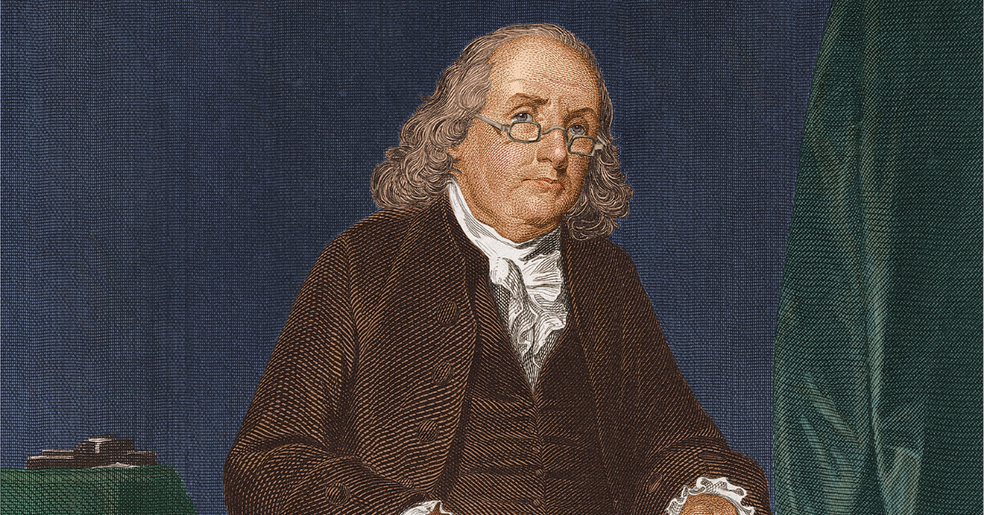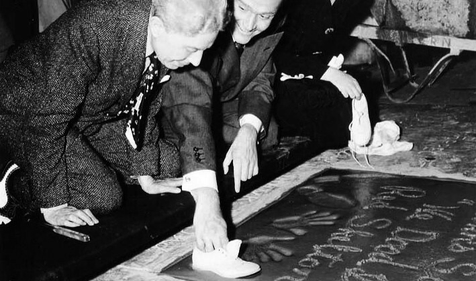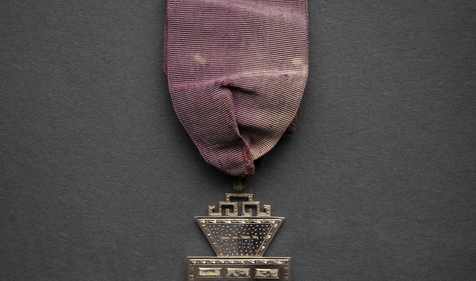Franklin is a former Master of France’s Lodge of Nine Sisters (La Loge des Neuf Soeurs). This article explores the history of the lodge and his time as a member.
Few figures in the history of the United States and American fraternalism are as revered as Brother Benjamin Franklin. A prolific writer, inventor, and revolutionary, he embodied the core tenets of Freemasonry. Much is known of his role as a Founding Father of our nation and his experience as a Freemason. He was active in the craft for more than half a century, yet less told is how his Masonic journey collided with his political and diplomatic endeavors. In fact, his role in the brotherhood and the fledgling United States government may have even helped the Continental Army win the American Revolution.
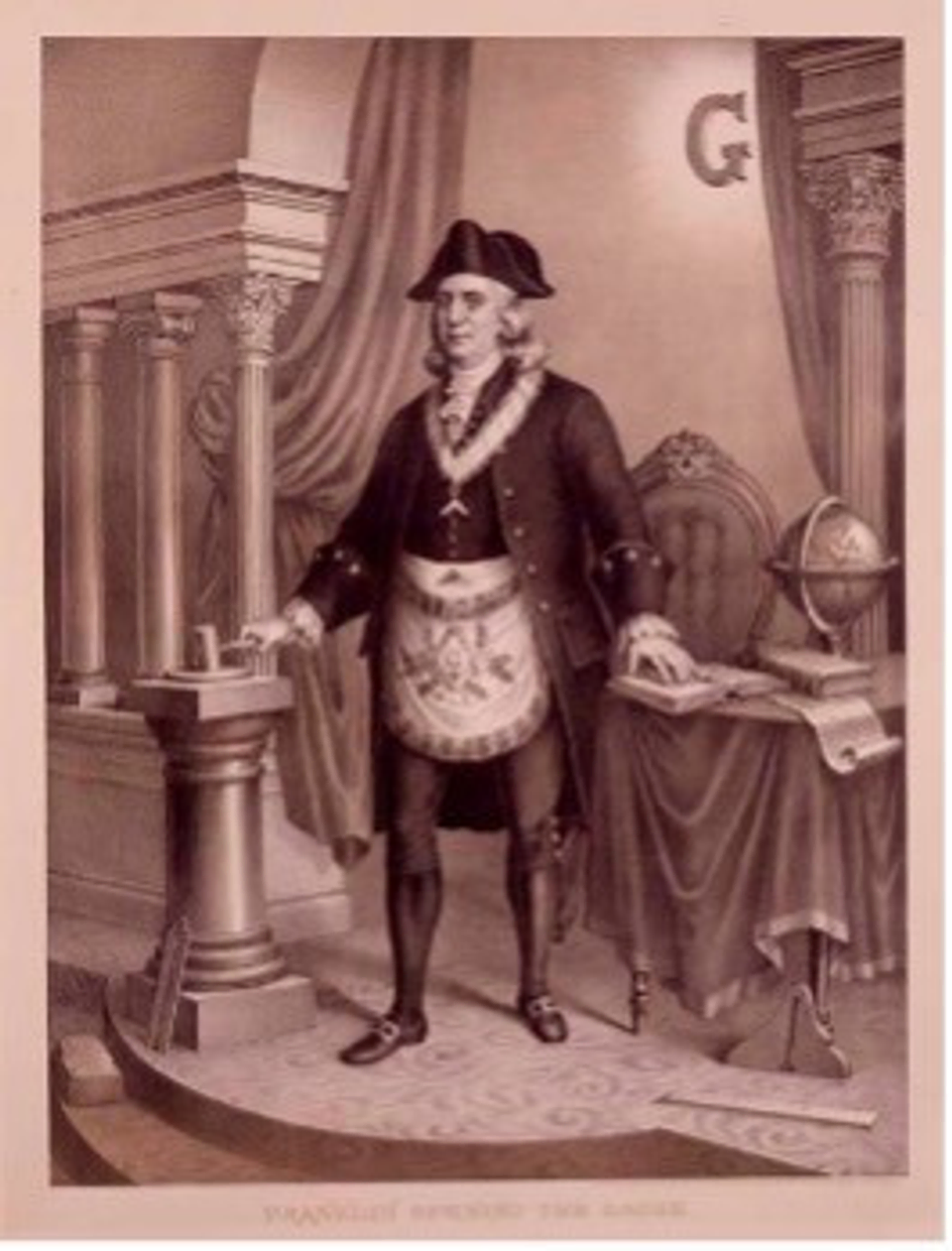
A Revolutionary Alliance
In 1763, the Kingdom of France lost its landholdings in North America after losing the Seven Years’ War to Britain. Over the next few years, the British government began squeezing taxes out of its colonial assemblies. Tension among the colonists rapidly reached a boiling point, resulting in the Boston Tea Party and escalating into open warfare in 1775. With American revolutionaries revolting against British rule, France perceived this as an opportunity to recoup its losses from the previous war and undermine its adversary in England.
While France considered throwing its weight behind the colonial Americans, Benjamin Franklin's influence was growing. As the Revolution took off, he was appointed a member of the Committee of Five, responsible for drafting, presenting, and ultimately signing the Declaration of Independence. Soon after the Declaration of Independence was ratified, Ben Franklin traveled to France in December of 1776 to curry favor. The Continental Army desperately needed a solid ally to support the war effort and defeat England. Fortunately, the French saw the Revolution as a chance to defeat English tyranny, and Franklin was welcomed with great enthusiasm by both the French citizenry and government.
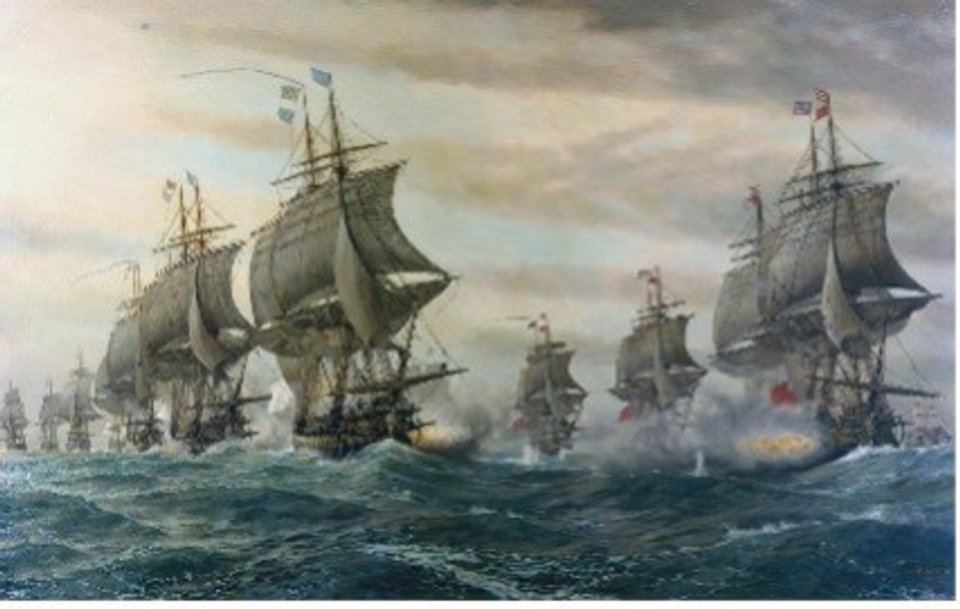
Within a year of Franklin's arrival, over five million livres of aid were sent to support the American army. France formally entered the war, recognized the United States in 1778, and signed the Treaty of Alliance. In response to France entering the war, Spain and the Dutch Republic also sided with the Continental Army, sending assistance, and leaving the British with no European allies.
The Lodge of Nine Sisters
A key element in Franklin’s success petitioning France for help during the war was La Loge des Neuf Soeurs, a prominent Masonic Lodge of the Grand Orient de France. Established in Paris in 1776, its name referred to the nine Muses, the daughters of Mnemosyne/Memory. The Muses held positions of significance in French culture, for they represented the arts and sciences in Greek mythology.
Franklin became a member of the lodge in 1778, relishing the opportunity to study Masonry alongside many of Europe’s great minds. By the time he arrived in France, Bro. Franklin had already spent decades participating in the fraternity back in America. He first became a Mason in 1731 at the young age of 17 when he was initiated into the Philadelphia Masonic Lodge. Within a few short years, he became Grand Master of Pennsylvania in 1734 and served as Secretary of John’s Lodge from 1735 to 1738.
When he joined The Lodge of Nine Sisters in 1778, he entered a community that included some of the world’s greatest minds. This position opened the door for him to promote the ideals behind American Revolution This factor not only increased French support for the war but had implications for the French Revolution several years later. Historians note that in addition to using his position to encourage support for America, Franklin also contributed to the lodge by helping Voltaire, the great writer and philosopher, be inducted into the brotherhood. With over 40 years of Masonic duty to his name at that time, it is no surprise Franklin became Venerable Master of The Lodge of Nine Sisters, serving from 1779 to 1781.
New Brothers joining this lodge pledged to "fly to the aid of humanity," a timeless Masonic vow that is reflected even today in the Scottish Rite’s six core values. Franklin used this commitment to his advantage, leaning on his brethren to call for aid to be sent to the colonies in the war against England. Ultimately, the help from France was vital to the United States gaining independence.
It required great sacrifice from the people of France, and the nation's debt swelled to over one billion livres, straining its finances and escalating tensions among economic classes. This was a significant reason why the French Revolution followed just a few years after the end of America's war with Britain. The American people have not forgotten this sacrifice, and we recognize that without France's support during the war, the American Revolution very likely might have failed. Our alliance with France was crucial to gaining independence from Britain, and we have valued the relationship for centuries.
Related Stories
Discover additional Scottish Rite blogs and news on this topic.
-
The Freemason Who Created Dracula: The Story of Bram Stoker
History
Read More about The Freemason Who Created Dracula: The Story of Bram Stoker
-
A Funny Remembrance: The Life of Illustrious Brother Red Skelton, 33°
History
Read More about A Funny Remembrance: The Life of Illustrious Brother Red Skelton, 33°
-
A Past Grand High Priest Jewel Made for Albert Gallatin Mackey
History
Read More about A Past Grand High Priest Jewel Made for Albert Gallatin Mackey
